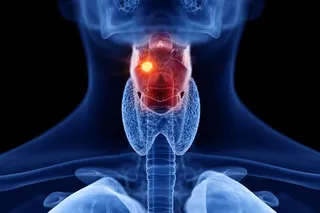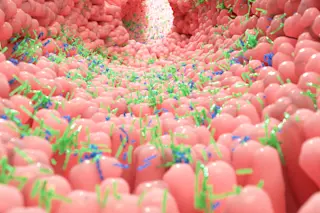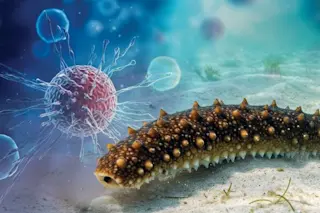For the first time researchers have sequenced the complete genome of a cancer cell, and they say the process turned up eight previously unknown genetic mutations that played a role in the patient's terminal leukemia. As it gets cheaper and easier to decode entire genomes, as opposed to just checking "usual suspect" stretches of DNA, doctors hope to decode the genomes of many different types of cancer. Eventually, researchers say cheap techniques may allow doctors to study the cancer genomes of individual patients. Lead researcher Richard Wilson
said he hoped that in 5 to 20 years, decoding a patient’s cancer genome would consist of dropping a spot of blood onto a chip that slides into a desktop computer and getting back a report that suggests which drugs will work best.“That’s personalized genomics, personalized medicine in a box,” he said. “It’s holy grail sort of stuff, but I think it’s not ...













